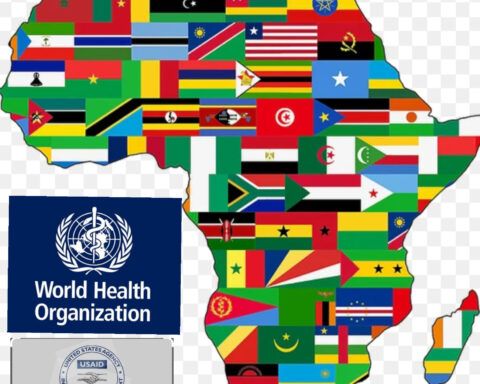The World Health Organization (WHO) and the United Against Rabies (UAR) coalition have announced their support for integrating human rabies vaccines into routine immunization programs in 50 countries. This initiative aims to drastically reduce the annual death toll from rabies, which disproportionately affects marginalized communities in Africa and Asia, accounting for 95% of the 59,000 global deaths each year.
The support for human rabies vaccines is a critical component of the broader Zero by 30 campaign, which seeks to eliminate dog-mediated human rabies by 2030. This campaign is led by a coalition of international organizations, including WHO, the Food and Agriculture Organization (FAO), and the World Organisation for Animal Health (WOAH). The integration of these vaccines into routine immunization schedules will ensure wider accessibility, particularly in rural areas where the burden of rabies is most severe
Dr. Jérôme Salomon, Assistant Director-General for Universal Health Coverage at WHO, highlighted the urgency of this initiative, noting that human rabies fatalities are preventable through timely vaccination and post-exposure prophylaxis (PEP). He emphasized that WHO will provide technical assistance to help countries apply for funding and develop comprehensive action plans to achieve the Zero by 30 goal
Also Read:Russia Nears Breakthrough in Cancer Vaccine Development
In many regions, public health systems struggle with limited supplies of human rabies vaccines, and the cost of PEP can impose a significant financial burden on affected families. By including rabies vaccines in routine immunization programs, the initiative aims to alleviate these challenges and save lives. This approach is expected to be particularly beneficial for children under 15, who represent a significant portion of rabies victims.
The first round of funding applications is set to be accepted by mid-July 2024, allowing eligible countries to access these life-saving vaccines under a co-financing policy. This support will complement existing efforts to educate communities about rabies prevention, such as avoiding dog bites, seeking immediate treatment after potential exposure, and vaccinating pets
Overall, this initiative marks a major step forward in global rabies prevention efforts, promising to reduce the incidence of this fatal disease through increased vaccine accessibility and comprehensive public health strategies.








I have been absent for some time, but now I remember why I used to love this web site. Thanks , I’ll try and check back more frequently. How frequently you update your website?